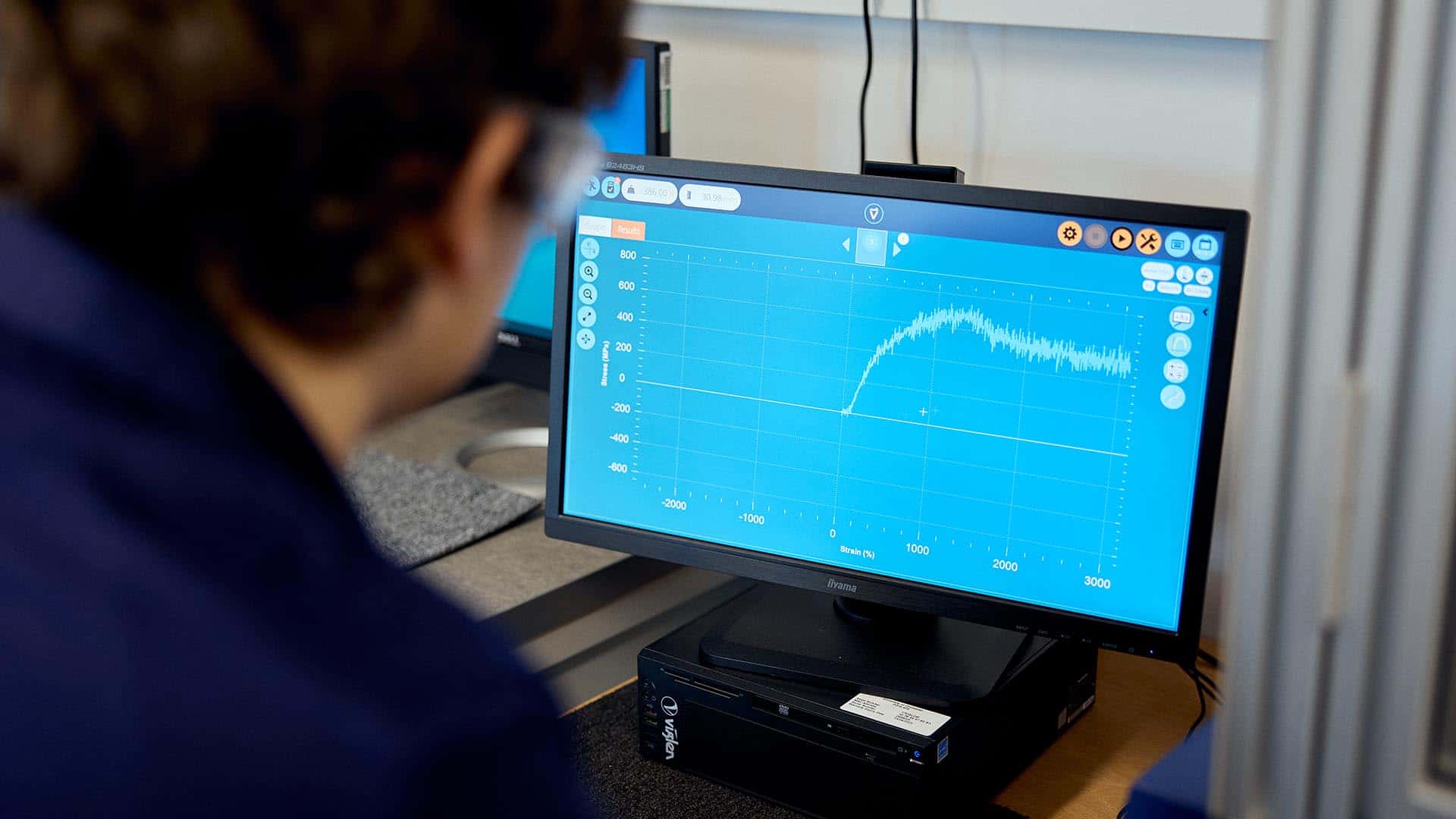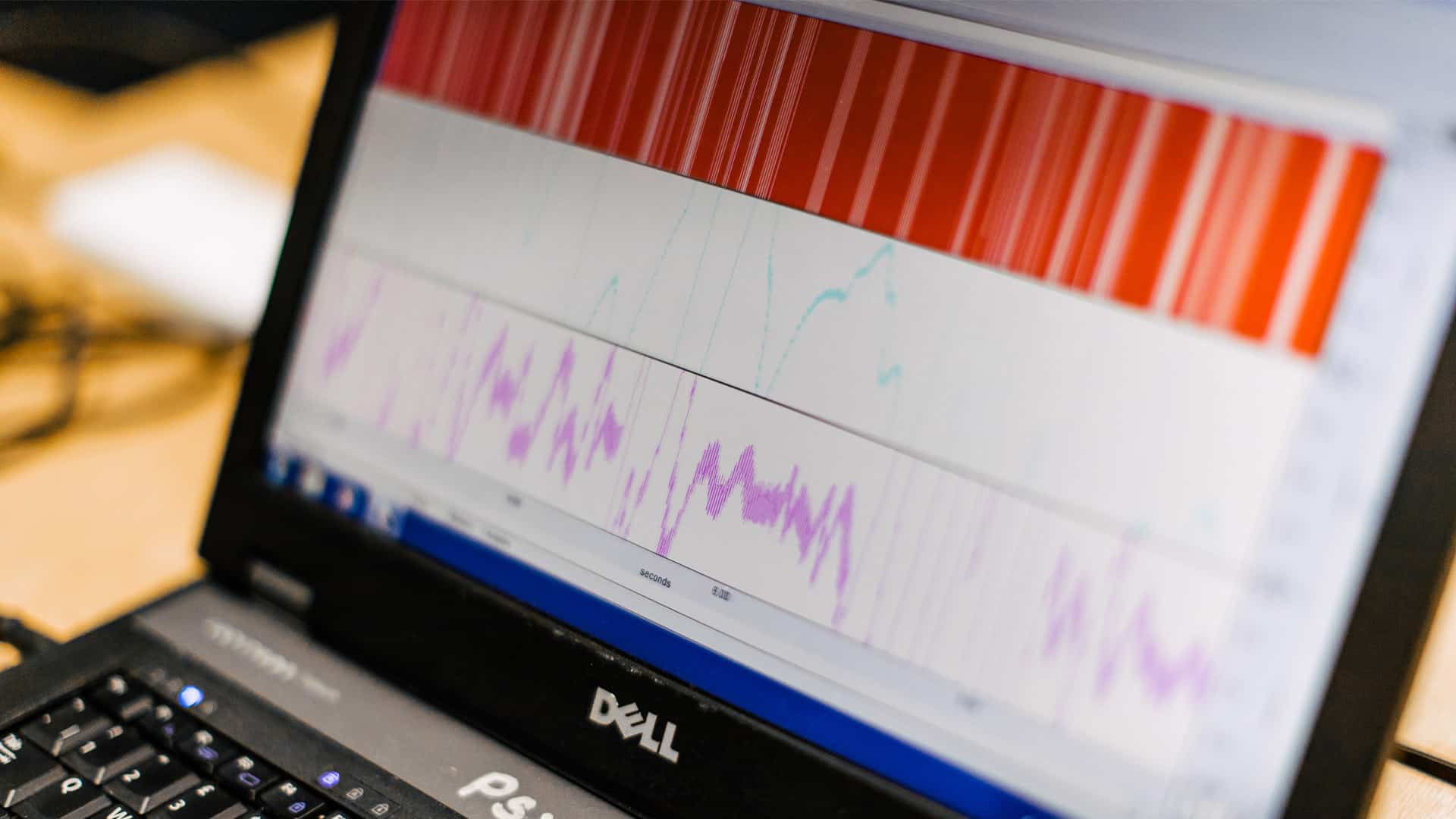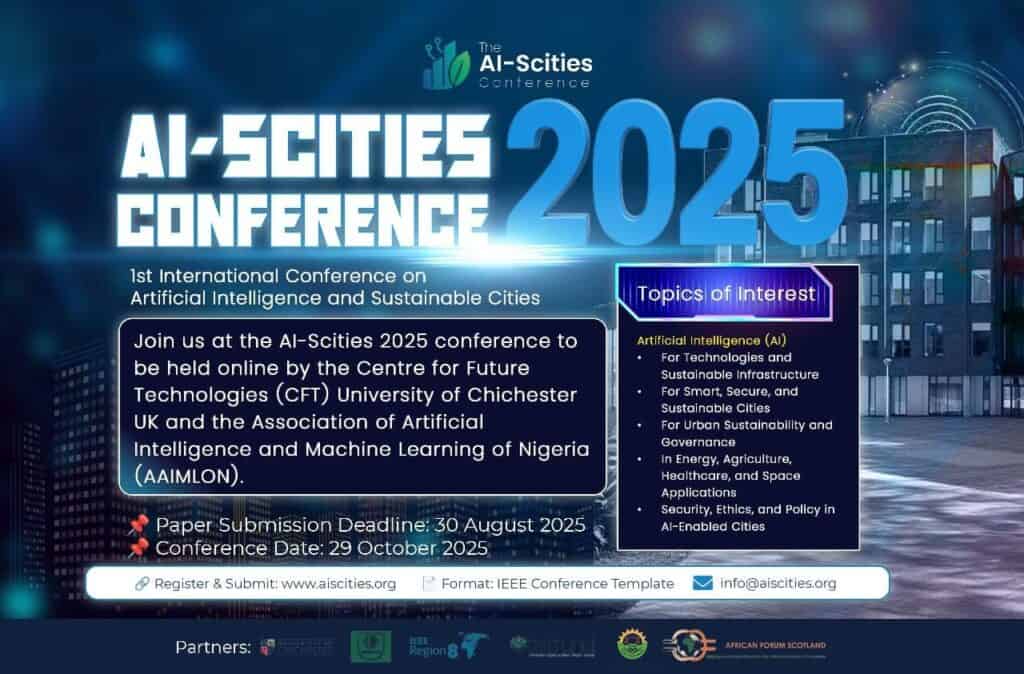Centre for Future Technologies
- Research Centres
- Centre for Cultural History
- Centre for Education, Innovation and Equity
- Centre for Future Technologies
- Centre for Health and Allied Sport and Exercise Science Research (CHASER)
- Centre for Sustainable Business
- Centre for Workforce Development
- Centre of Excellence for Childhood, Society and Inclusion
- Chichester Centre for Critical and Creative Writing
- Chichester Centre for Fairy Tales, Fantasy and Speculative Fiction
- Creative Industries Research Centre
- MOVER Centre
- People and Well-Being in the Everyday Research Centre (POWER)
- Creative Research Methods Lab
- Child and Adolescent Socio-Emotional Development Lab
- Cognitive Ageing and Dementia Research Lab
- Cultural and Social Cognition Laboratory
- Human Attention Laboratory
- Employee Well-being in Work & Organisational Psychology (EWWOP) Lab
- Lab for Global Research on Gender, Sexuality and Identity
- Functional Behavioural Science Laboratory
- Mental Health and Wellbeing Lab
- Quantitative Criminology Lab
- Sexualised Violence and Abuse Research Lab
- Research in Practice Hub
- Vocal Communication Lab
- Qualitative Research Hub
- The Iris Murdoch Research Centre
- Social Work Collaborative Research Hub
- PhD and MPhil Degrees
- Research Excellence Framework
- Research Governance
- Research Office
- ChiPrints Repository
About
Supporting research on the technologies of tomorrow
The Centre for Future Technologies supports research on emerging areas such as Artificial Intelligence, Machine Learning, The Internet of Things, Electromagnetics and Applied Sciences, with an emphasis on sustainable development.
Our researchers have worked with many different businesses and stakeholders, both at home and overseas.
In collaboration with
FARGRO
Sapphire Eyecare Ltd.
Contact us
If you would like to find out more, or work with us as a partner or postgraduate research student, contact Dr Kelvin Anoh at k.anoh@chi.ac.uk.

People
Dr. Yee Sing Chin
Dr. Ian Lipscomb
Dr Kelvin Anoh
Dr Charlie Morris
Postgraduate Researchers
Gareth Anstee (Postgraduate Associate)
The sport of robot combat is relatively new, with the first recognised open competitions happening less than thirty years ago. Since then, relatively little research has been done on the subject, despite the success of BBC2’s Robot Wars, and the obvious potential for robot combat the work as a test bed for future technologies. This PhD project looks to establish a foundation of understanding in the sport and its many potential applications.
Brian Packer
Design Management of Accessible Tools for Games and Creative Development
Projects
Exploring Artificial Intelligence (AI) and Machine Learning (ML)
We are currently at work on several strands of research in the domain of AI and ML. These range from exploring fundamental questions around the role of AI in learning and knowledge acquisition to designing and testing possible assistive technologies to support people with functional impairments. Projects supported by Centre members in this area have included the following:
- Working with the IBM TJ Watson Research Center in New York on the development of the Watson Deep Q&A System that took part in the Jeopardy (TM) challenge against three grand masters
- Medical imaging applications, such as developing new methods of COVID-19 and kidney disease diagnosis
- Supporting contextually aware computing by using ML to discover more about context and better modify human-computer interactions
- Using solutions such as TensorFlow for image processing to recognise everyday objects to support people with impaired vision
- Exploring the use of tools such as ChatGPT to help neurodivergent students with writing and comprehension tasks
This work has recently resulted in a Knowledge Training Partnership (KTP) with Fargro, a local horticultural supply company, to develop a scalable, robust, adaptable, and extensible commercial solution for real-time, intelligent and data-driven decision making in commercial horticulture. It is doing so through using remote sensing with novel Data Analytics (DA), Machine Learning (ML) and Artificial Intelligence (AI) techniques to assist growers in their complex decision-making tasks, in order to optimise conditions and maximise outputs – all while reducing costs.

Internet of Things (IoT)-Enabled Solar Power Optimization: Harnessing Data for Sustainable Energy
This research project aims to develop a comprehensive IoT-based system that constantly monitors, manages, and optimizes solar power generation. Traditional solar panel installations lack real-time data insights and adaptive control mechanisms, leading to suboptimal performance and energy wastage. By integrating IoT sensors, data analytics, and smart control algorithms, this project aims to transform solar panels into intelligent energy generators.
The contributions to the broader IoT ecosystem by demonstrating the potential for smart, sustainable energy solutions. As renewable energy sources like solar power continue to gain traction, the fusion of IoT technology with energy systems paves the way for a more sustainable and environmentally conscious future. The insights gained from this project have the potential to revolutionize the way we harness and utilize solar energy, thereby reducing our carbon footprint and advancing the global transition to clean energy sources.
Past projects
This research considered new commercial applications for microwave and millimetre-wave sensing in security and health-related settings. These technologies are often used in airports in body scanning, because the penetration of electromagnetic radiation at these frequencies is simultaneously highly effective (e.g., through clothing), and, unlike x-rays, poses no health-related risks. Current body scanning systems, however, remain unable to screen the soles of shoes, and thus typically necessitate the removal of footwear, which significantly reduces ‘throughput’ (scanning speeds) and user convenience. As a consequence of these limitations, and others related to the cumbersome and costly equipment these techniques typically require, microwave and millimetre-wave technology is under-explored in many other contexts requiring non-destructive evaluation (NDE) capabilities, such as waste recycling and healthcare.
This research project, which involved researchers in the Centre for Future Technologies, worked to show how smart energy management (SEM) of renewable energy and electrified vehicular (EV) transportation can effectively reduce carbon emissions when used together. This was established in an innovative transnational pilot conducted across 4 EU countries, in which households saw a 5% increase in ‘clean kilometres’, and one of the world’s largest ‘smart’ garages.
Publications
Our members have a strong track record in research, publishing regularly with high-impact publishers and other researchers around the world.
Impact
How we're helping create change
The work of researchers in the Centre for Future Technologies has impacted a wide range of industry stakeholders at an international level. Our work in microwave and millimetre-wave sensing, for instance, resulted in two patents and significant private sector investment for commercialisation. It was also selected for trial by the US Department of Homeland Security.
Our ongoing work in smart horticulture, Artificial Intelligence (AI), Machine Learning (ML) the Internet of Things (IoT), countering design exclusion and human-robot interactions is developing practical and scalable solutions to pressing real-world problems.
Advancements in AI and ML
Research projects exploring AI and ML are pushing the boundaries of knowledge in these fields, helping to answer fundamental questions about AI's role in learning and knowledge acquisition, and potentially reshaping wider approaches to education and skill development.
Assistive Technologies
New assistive technologies will have the potential to dramatically improve quality of life outcomes for people living with functional impairments.
Healthcare Innovations
Research into medical imaging, for purposes including COVID-19 and kidney disease diagnosis, can directly improve healthcare outcomes. Faster, easier and more accurate diagnosis methods save lives and reduce healthcare costs.
Enhanced Human-Computer Interaction
Deploying ML to understand and improve human-computer interaction can lead to more intuitive and efficient user interfaces, enhancing user experiences across various applications – from smartphones to smart home devices.
Support for Neurodivergent Students
Leveraging tools like ChatGPT to assist neurodivergent students with writing and comprehension tasks can make education more accessible and tailored to individual needs, fostering learning and development.
Industry Partnerships
Our collaboration with Fargro on real-time, intelligent, and data-driven decision making in commercial horticulture could have a significant impact on wider the agricultural sector, helping to increase crop yields, reduce resource usage, and enhance sustainability.
Sustainable Energy
IoT-enabled solar power optimization research contributes to the global shift towards sustainable energy sources. By increasing the efficiency of solar panels and reducing energy wastage, this project will promote clean energy adoption and reduce greenhouse gas emissions.

Events and News

UK/AAIMLON Call for Papers, Tutorials and Workshops
AI-Scities 2025: 1st International Conference on Artificial Intelligence and Sustainable Cities
We are pleased to invite you to submit your original research papers to the AI-Scities 2025 conference and workshops to be held on 29 October 2025 (Hybrid mode) in Bognor Regis, United Kingdom.
With your expertise and leadership in the field, we believe your contribution would significantly enhance the conference portfolio.
Call for Papers:
Submit original research papers aligning with the conference theme (visit https://aiscities.org).
Call for Workshops:
We invite practical AI workshops, insights and expertise on hot topics in AI and Sustainable Cities.
For more information about the workshop and the conference, please visit the conference webpage at https://aiscities.org
EasyChair Paper submission: https://lnkd.in/es22qRyD
Contact the committee via info@aiscities.org.
Contact
For more information, please contact Dr Kevlin Anoh at k.anoh@chi.ac.uk.


